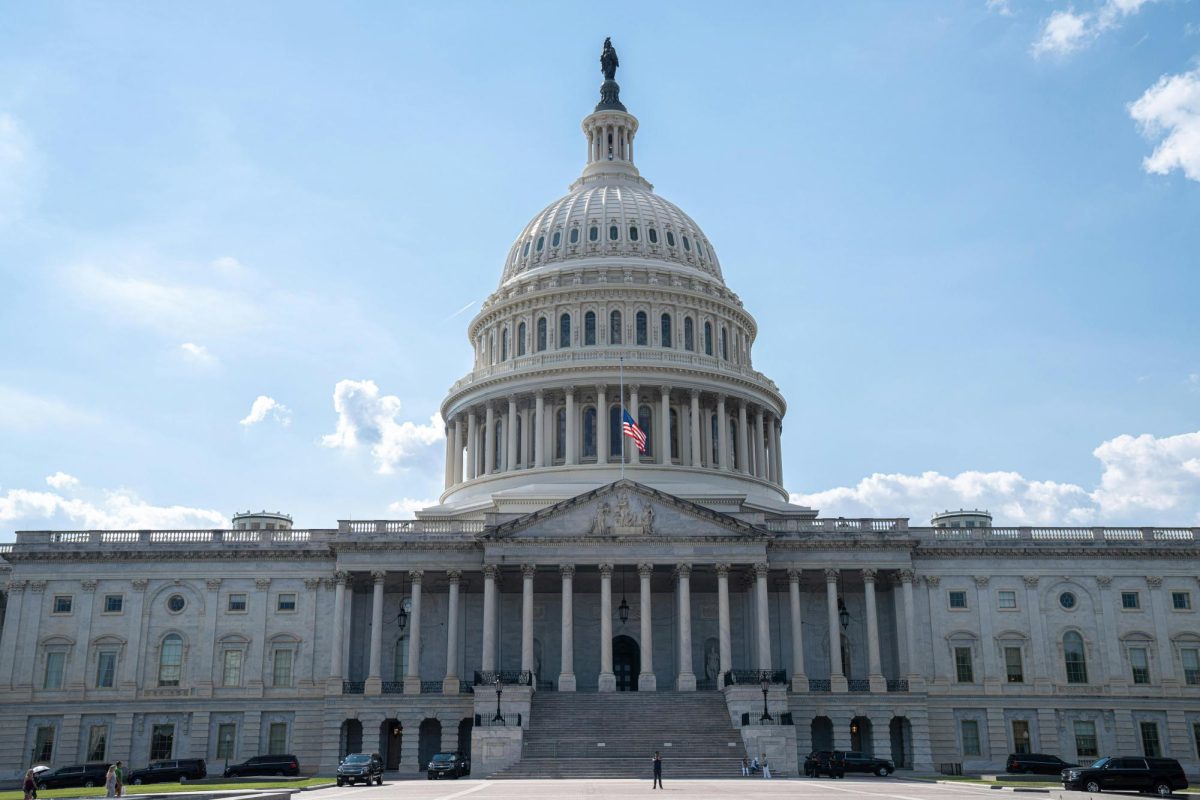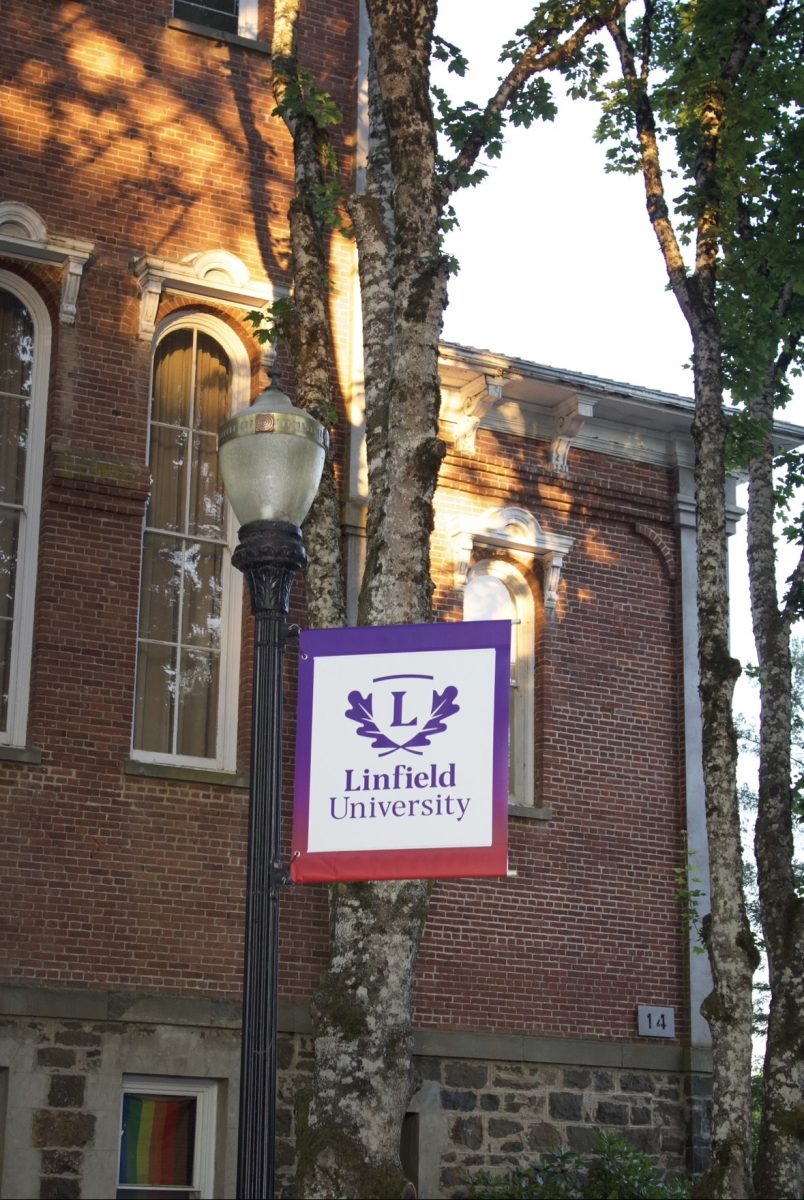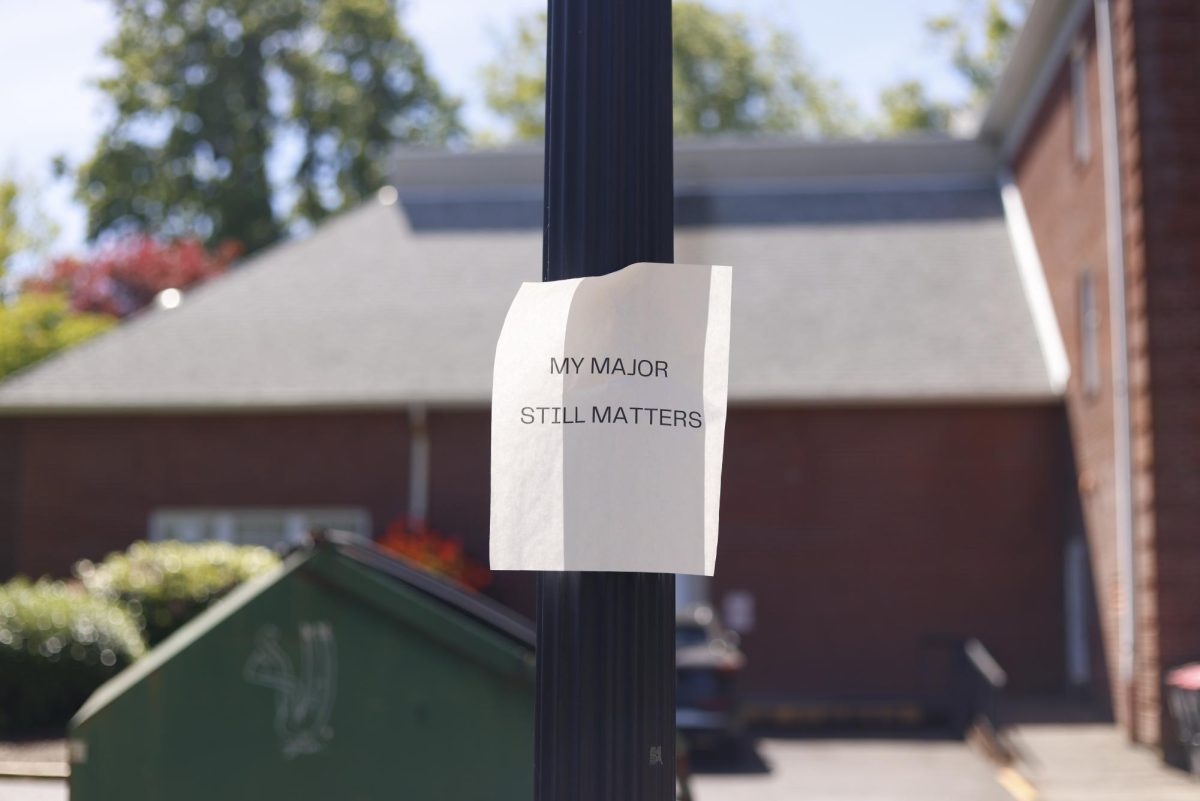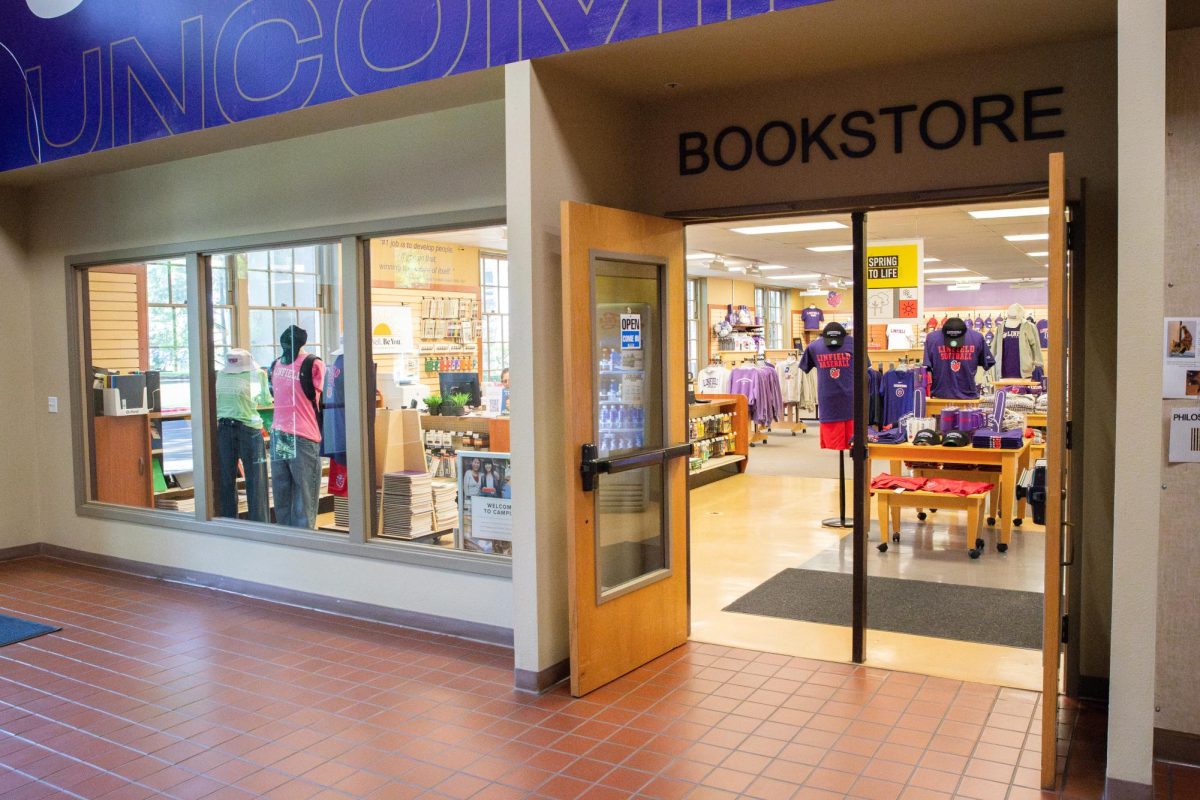Much like its nationally ranked sports teams, heavily sought-after nursing program and excelling music ensembles, Linfield’s science department is gaining a competitive spirit.
In September 2011, three biology professors began an eight-month long process that would result in a near quarter of a million dollar grant.
Professors Anne Kruchten, Catherine Reinke and Jeremy Weisz, all assistant professors of biology, put together a clear proposal with an even clearer vision about how the National Science Foundation’s Major Research Instrumentation (MRI) program would benefit Linfield and the community as a whole.
Their hard work paid off, literally, when the biology department found out it had been awarded the $223,182 this past August.
After sitting down with a NSF sale’s representative and custom designing the new microscope, students and faculty anxiously await its anticipated November arrival.
“Seeing what you are studying and talking about in class makes the learning more experiential,” Reinke said.
Reinke is in her first year as a science professor at Linfield. One of the aspects Reinke found most attractive about Linfield was the collaboration between students and faculty in research.
Because of Linfield’s small student body, professors are able to work more closely with students in the lab. With a higher quality microscope, students and faculty have more research capabilities and opportunities to publish their work in better journals.
“The more we do, the more we get our name out there, and the more respect we get as Linfield for doing good work,” Weisz said.
The more recognition Linfield can get in the science world, the likelier it is to receive additional large-scale grants.
Big-name foundations, such as the NSF, fund schools that demonstrate their ability to utilize large grants like this one.
Better equipment will continue to strengthen the school’s biology department, making it more attractive to prospective students, especially those on campus tours.
“We have a lot of
really good equipment that students have access to,” Kruchten said. “Students on campus tours will see everything the science program has to offer.”
Exposure to such sophisticated equipment will help undergraduates in their futures at graduate school. Any Linfield student is allowed access to the microscope after the required software training.
Upon the arrival of the new microscope, the science department hopes to invite the community to see just what the students and faculty will be up to.
Sarah Mason
Staff writer






